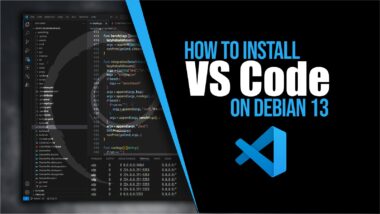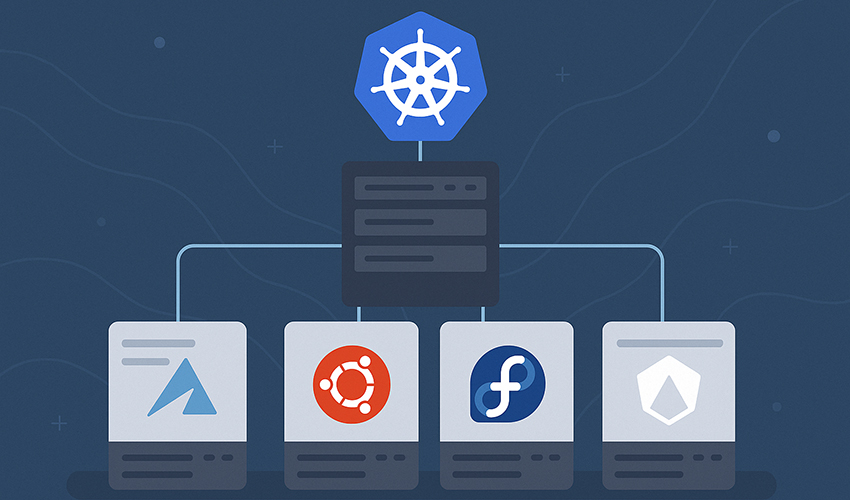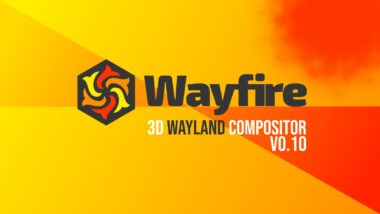How to Install VS Code on Debian 13 “Trixie”


 The fourth monthly snapshot of Ubuntu 25.10 (Questing Quokka) is out, the final before the Ubuntu 25.10 beta release in September. Fancy testing it?
The fourth monthly snapshot of Ubuntu 25.10 (Questing Quokka) is out, the final before the Ubuntu 25.10 beta release in September. Fancy testing it?
You're reading Ubuntu 25.10 Snapshot 4 is Available to Download, a blog post from OMG! Ubuntu. Do not reproduce elsewhere without permission.
 If you’re a fan of iconic open-source racing game SuperTuxKart, you will have noticed that effort on the upcoming 1.5 release has stalled, having hit beta in late 2024 and release candidate status in spring 2025 but with no real progress since. Now, in an update shared by STK developers, we know why: inter-team disagreement. Any group-based effort — though felt more keenly in open-source projects as internal structures for mitigating disagreements are less formal — clashes in priorities, plans, and personalities are not uncommon, and can put the brakes on progress. If one person in a project has more […]
If you’re a fan of iconic open-source racing game SuperTuxKart, you will have noticed that effort on the upcoming 1.5 release has stalled, having hit beta in late 2024 and release candidate status in spring 2025 but with no real progress since. Now, in an update shared by STK developers, we know why: inter-team disagreement. Any group-based effort — though felt more keenly in open-source projects as internal structures for mitigating disagreements are less formal — clashes in priorities, plans, and personalities are not uncommon, and can put the brakes on progress. If one person in a project has more […]
You're reading SuperTuxKart Evolution Aims to Accelerate Development of Iconic Racing Game, a blog post from OMG! Ubuntu. Do not reproduce elsewhere without permission.

When running Kubernetes clusters for development, the operating system’s footprint can make or break performance and agility. Heavy, general-purpose Linux distributions waste memory and CPU cycles on components you’ll never use, while lightweight, container-focused distros keep your nodes lean and optimized. For developers experimenting with k3s, MicroK8s, or full-blown Kubernetes clusters, lightweight Linux offers faster spin-ups, lower overhead, and environments that better simulate production-grade setups.
In this guide, we’ll take a look at the best lightweight Linux options for Kubernetes developers, compare their strengths, and walk through code examples for quick setup. Whether you’re spinning up a local test cluster or building a scalable dev lab, this breakdown will help you pick the right base OS and make the most of your Kubernetes workflow.
Before diving into individual distros, it’s important to understand what really matters when pairing Linux with Kubernetes:
Minimal Resource Usage: A slim OS footprint leaves more CPU and RAM for pods and workloads.
Container Runtime Compatibility: Built-in or easy-to-install support for containerd, CRI-O, or Docker ensures smooth cluster bootstrapping.
Init System Support: Compatibility with systemd or OpenRC impacts how Kubernetes services are managed.
Immutable vs. Mutable: Immutable systems like Fedora CoreOS or Talos enhance reliability but restrict tinkering, while Alpine and Ubuntu Core offer more flexibility for on-the-fly customization.
Developer Friendliness: A distro should integrate seamlessly with kubectl, Helm, CI/CD agents, and debugging workflows.

